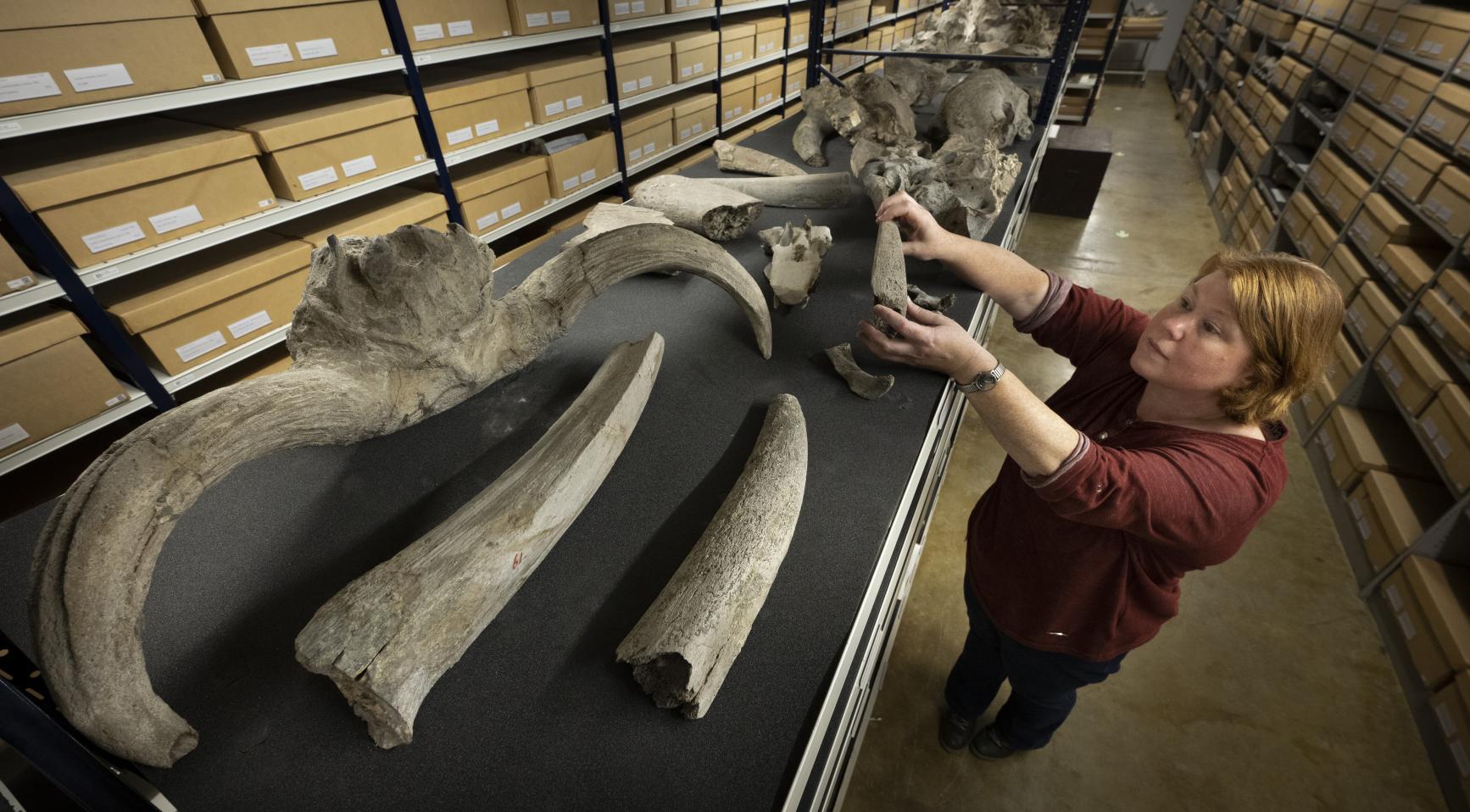The Netherlands will return more than 28,000 fossils from the Dubois collection — prehistoric bones and shells taken from Indonesia during colonial rule — ending over a century of Dutch possession, the government confirmed.
Education Minister Gouke Moes announced the decision Friday in a letter to Indonesian Culture Minister Fadli Zon. The fossils, kept at Naturalis Biodiversity Center in Leiden, were excavated in Java and Sumatra in the late 19th century by Dutch scientist Eugène Dubois, often with forced labor.
The haul includes some of the most famous finds in human evolution: a skullcap, molar, and femur of Homo erectus, once hailed by Dubois as the “missing link” between apes and humans. The collection also holds a shell with mysterious carvings, possibly the world’s oldest known cultural artifact.
The independent Commissie Koloniale Collecties advised the return after a three-year investigation. It concluded the fossils were taken against the will of the local population, who considered them of spiritual and economic value. “The Dubois collection never became Dutch property,” the commission ruled, urging unconditional restitution.
Moes said the government will work with Indonesia and Naturalis to transfer the fossils carefully. “Both countries attach great importance to continuing scientific research on this collection,” he said.
Naturalis director Marcel Beukeboom called the move historic. “The thorough advice brought new legal insights, making restitution the right choice,” he said. “For Indonesians this symbolizes injustice done to their country. We look forward to continuing our research with Indonesian scientists.”
